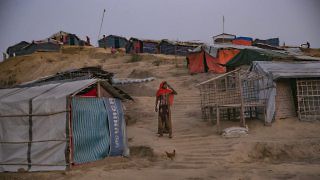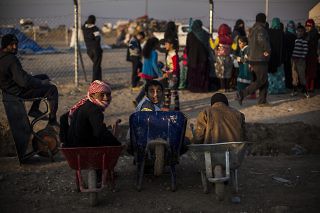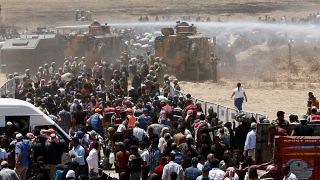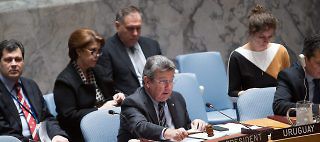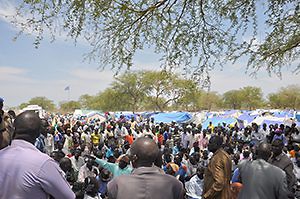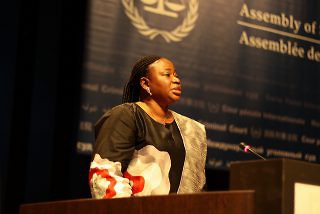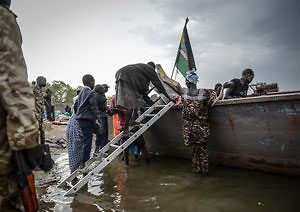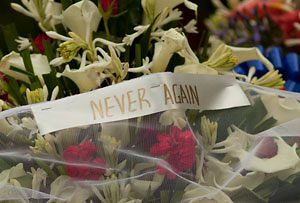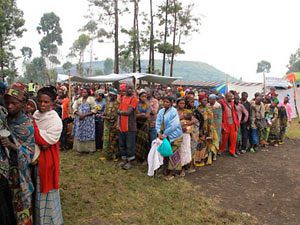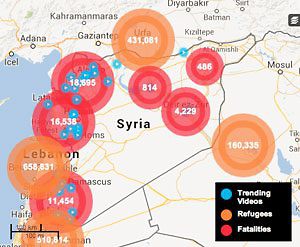We continue to develop new tools to respond to atrocities and yet we keep failing to prevent or stop these crimes. Why?
Tag: mass atrocities
-
-
While the legal foundation is being developed, investigators on the ground are already attempting to gather material that could serve as potential evidence in future trials.
-
As the war in Syria enters its fifth year, a new report published in February by the Syrian Center for Policy Research offered new calculations for death tolls from the conflict: a staggering 470,000 at the end of 2015.
-
Recent revelations about the United Nations role in the Madaya siege shows much more needs to be done to implement Secretary-General Ban Ki-moon’s Human Rights Up Front action plan and mainstream the Responsibility to Protect doctrine.
-
Nearly a decade after its inception at the World Summit, the Responsibility to Protect principle has won the battle of ideas, but there is still much to be done.
-
Richard Dicker of Human Rights Watch discusses the relationship between Africa and the ICC with IPI’s John Hirsch.
-
In this interview, Adama Dieng said that too often, strategic interests of UN member states are placed above human lives.
-
Whether mass violence represents genocide or not, the word cannot be an excuse for inaction.
-
Fraught with difficulty, can the relationship between humanitarian action, atrocity prevention, and RtoP be improved?
-
Information about mass atrocities abounds in Syria, but why have international responses to end them still failed?
